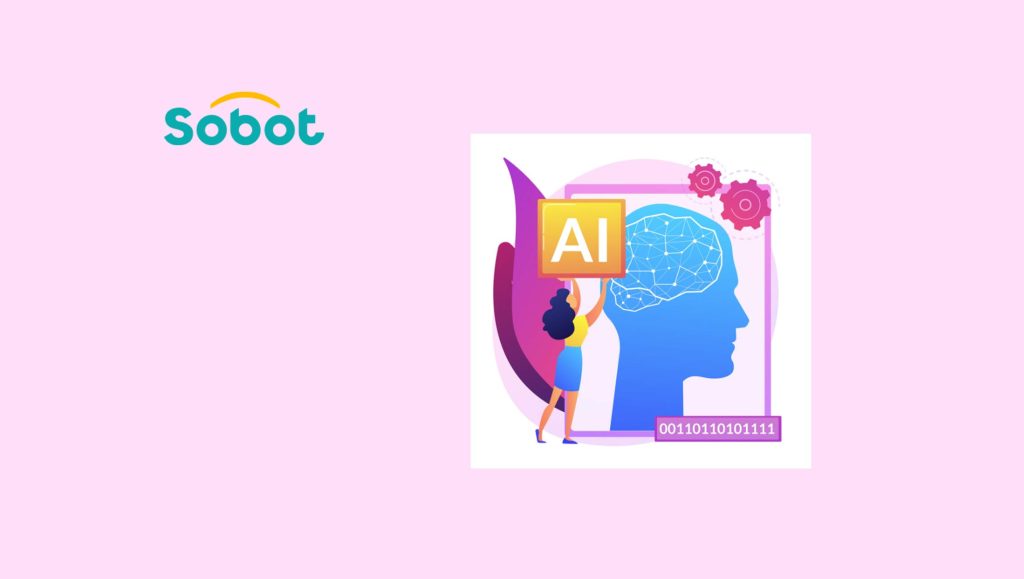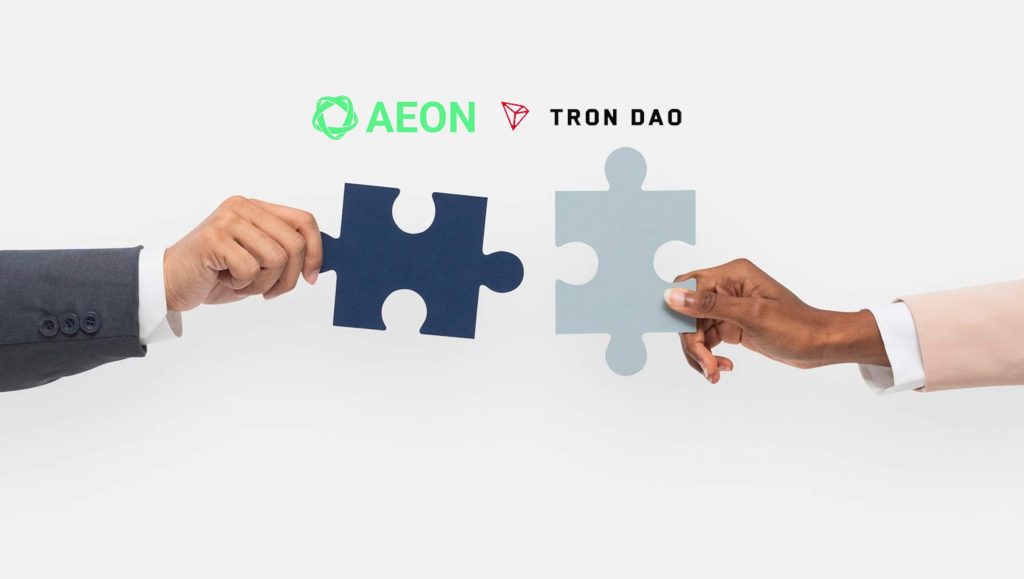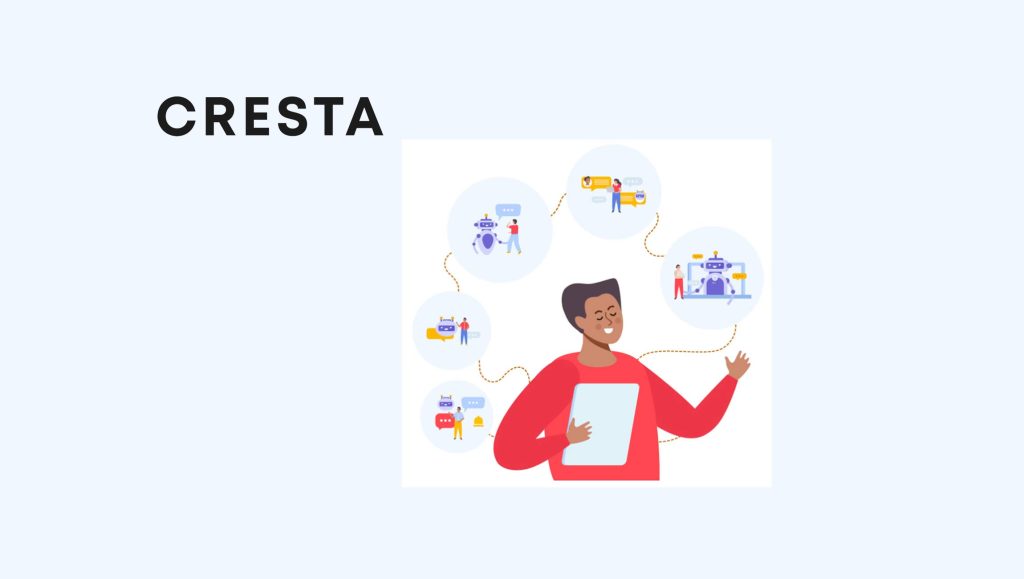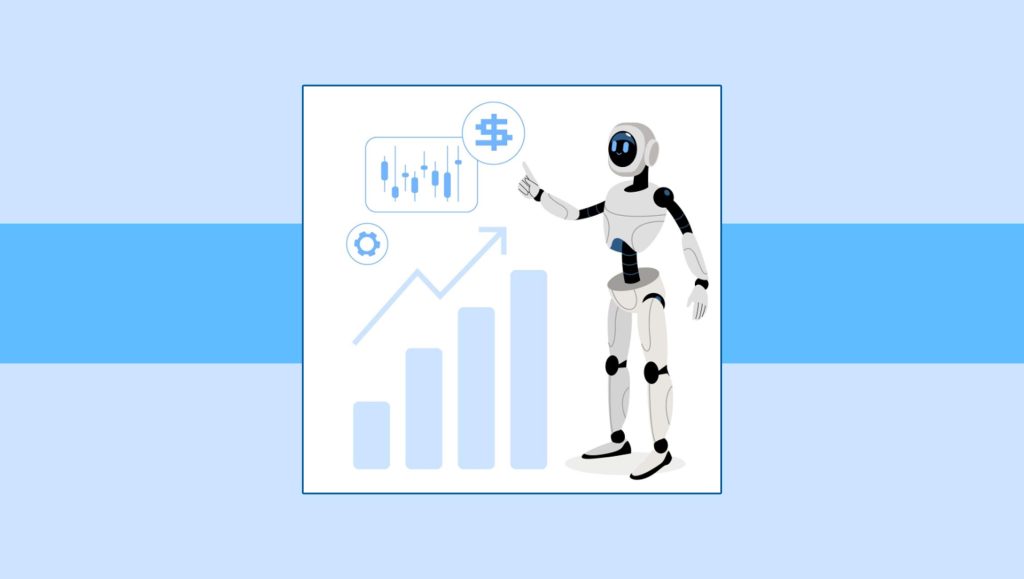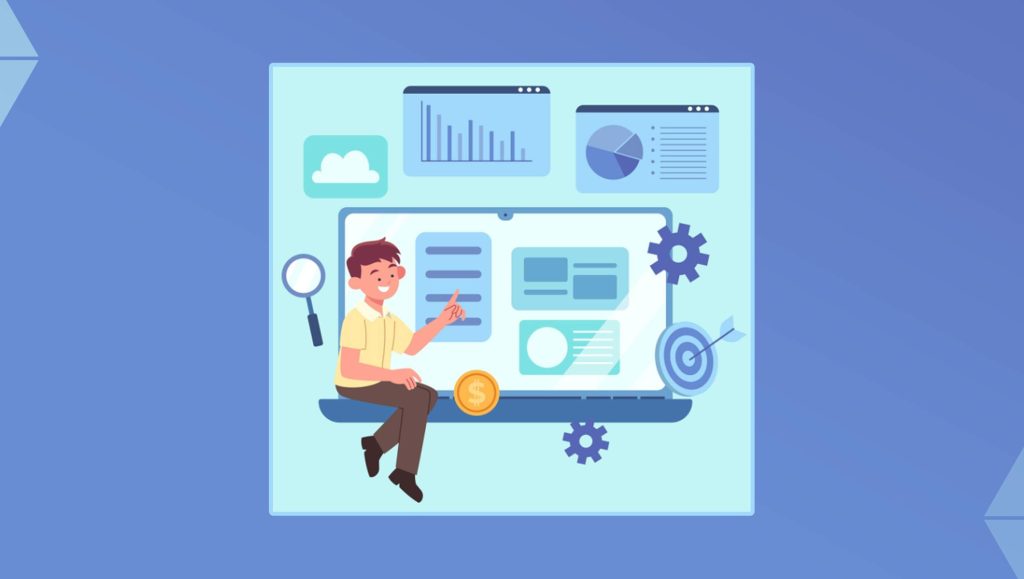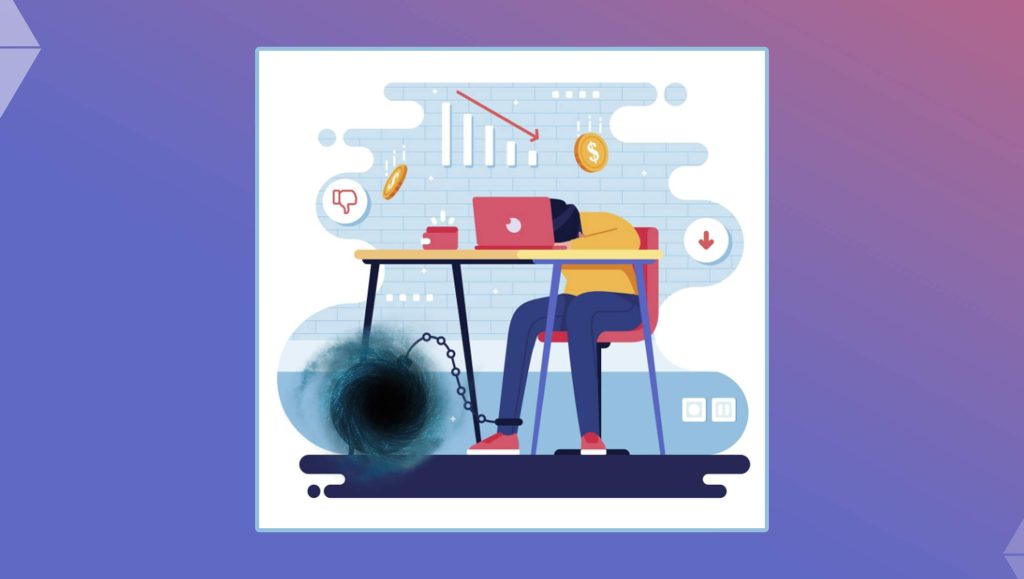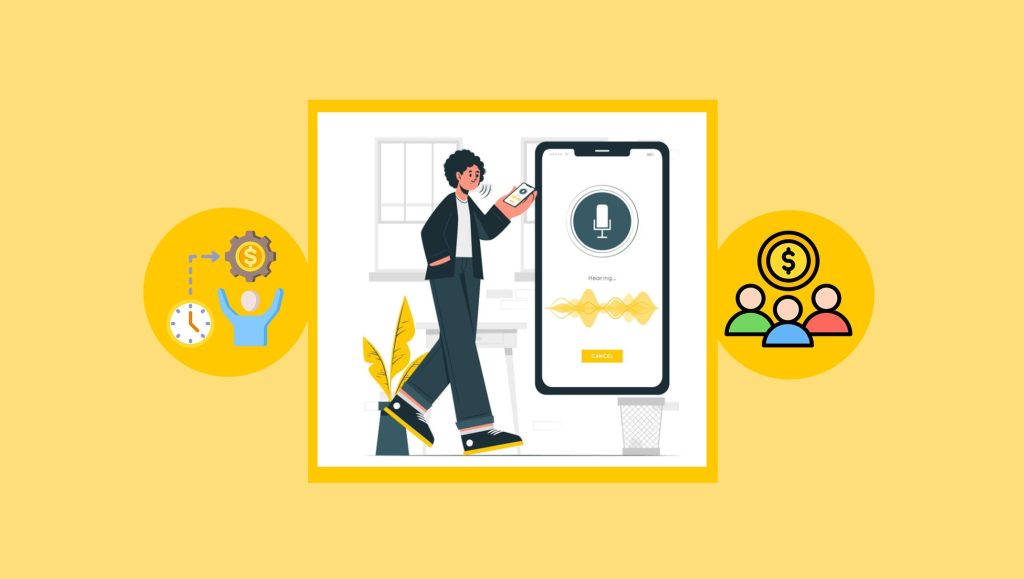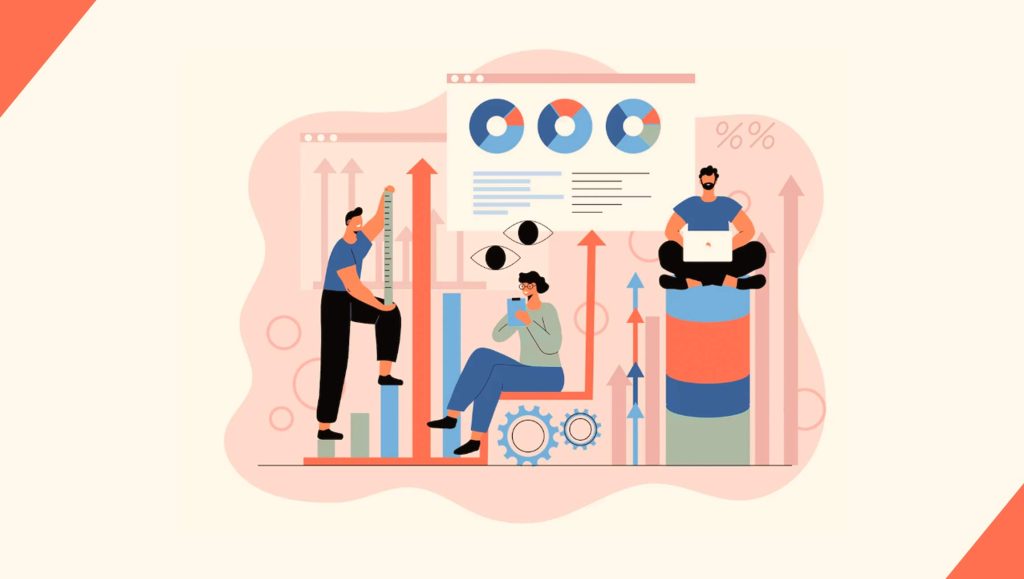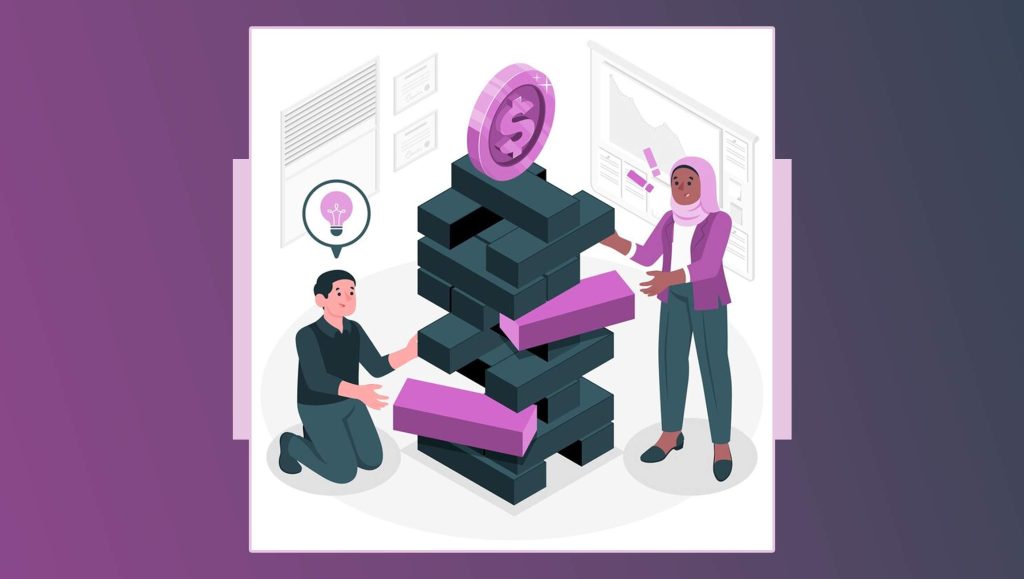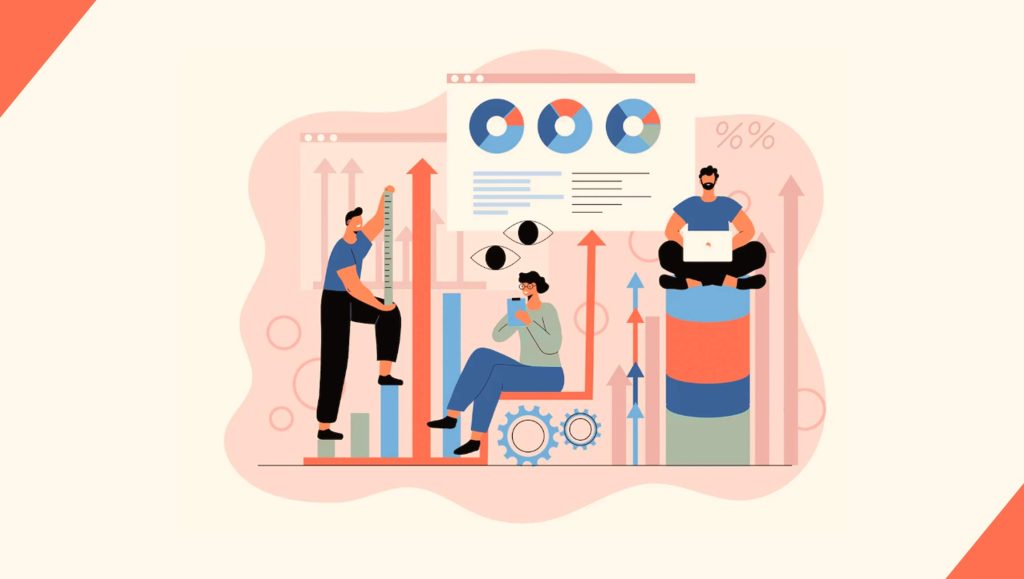It has been estimated that by 2025, 80% of B2B companies will integrate AI and automation tools into their processes. Such advanced integration helps businesses gain a competitive advantage and serve their customers better.
The digital transformation is not just limited to keeping up with the trends, but it has moved beyond revolutionizing how businesses interact, understand customer behavior, and close deals more effectively through better customer relationship management.
Why AI is needed in a Typical Modern Day B2B Sales Cycle
- Embracing AI and automation tools in B2B sales enhances efficiency and streamlines processes for companies. It allows sales and marketing teams to focus on high-value activities and gain a competitive advantage.
- Integrating AI tools in B2B sales offers benefits, such as improved lead scoring, accurate sales forecasting, and personalized customer experiences.
- Automation through AI can help reduce manual tasks and errors in the sales process for your organization.
- AI helps in creating customized marketing campaigns and helps you tailor interactions and recommendations to meet the distinct needs of the customers.
The role of AI in the B2B sales cycle
Artificial intelligence in a B2B sales cycle refers to the simulation of human intelligence in machines that can make decisions by themselves without any human intervention. In B2B sales, the technology analyses customer data to forecast and tailor experiences as per the consumers’ needs.
While traditional sales heavily relied on personal interactions and manual searches, the modern AI-driven strategies mark a new era for B2B sales. The new and advanced AI tools offer deep insights into buying behavior, saving time and resources.
Truly, AI has the potential to revolutionize every aspect of a B2B sales cycle. From lead generation to follow-ups and closing the deals, these intelligent algorithms do make an impact. Predictive analytics help in forecasting what leads are most likely to convert, thus ensuring the sales efforts are not wasted on poor leads. Even during customer service, AI-powered chatbots can handle routine queries without any human input. It frees up the time of your staff that can be utilized to deal with more complex issues that need human expertise.
Read More: SalesTechStar Interview with Yuval Kesten, Chief Product Officer at HoneyBook
Benefits of AI integration in a B2B sales cycle
Task automation
This is the most basic one: AI helps in automating the daily routine tasks that were otherwise completed by salespeople spending hours. But we have moved beyond completing the data entry, call scheduling, and follow-ups. Thankfully, AI does it for us, diligently. With this move, sales reps get free time to engage with their prospects and build long-lasting relationships. With AI at work, your sales reps can invest time in understanding client needs and create tailored experiences.
Lead scoring
As you go ahead in a B2B sales cycle, you face the problem of lead qualification. Come AI, and this task is done efficiently as well. Artificial intelligence-powered tools analyze huge amounts of data to identify patterns that your reps may miss. Such detailed and accurate analysis helps your team to qualify leads. Your sales reps can prioritize their efforts towards prospects that are more likely to convert.
Furthermore, machine learning algorithms refine lead scoring over time. They can adapt by looking at the behavior of the prospects and improve their output over time. They learn continuously and ensure that the targeting becomes precise and accurate.
Personalized selling
B2B prospects demand tailored experiences, and AI wins the game here. It ransacks the entire customer data, analyses it well, and helps you customize sales messages and product offerings. AI-powered tools analyze past behavior, social media activities, and engagement levels to offer deep understanding of buyers’ preferences.
The knowledge makes sales interaction smooth, easy, and fruitful. Additionally, personalized pitches increase the likelihood of conversions because they resonate with the specific needs and pain points of buyers.
Conversion enhancement
Integrating AI in a B2B sales cycle has a positive impact on conversions. Leveraging predictive analytics, you can identify the right time to contact your leads with discounts and offers. AI also suggests the most effective channel for different prospects.
Put the chatbots to use, and they will handle most of the surface-level queries of your customers by themselves. They are active 24/7 and never get tired of answering the same question repeatedly. They offer instant grievance redressal and do not occupy your staff to cater to minuscule enquiries.
Wrapping up
The impact of AI on the B2B sales cycle is massive, as it helps your sales team to better serve their leads and convert them faster to bring more revenue. AI helps in every step of the sales cycle, and it partners with you to engage with your consumers and make strategic decisions. It is time to move ahead from automatic mundane tasks to unlocking deep sales insights with AI.
Read More: Sales Automation meets Circular Economy: New Strategies for Product Returns and Renewals



